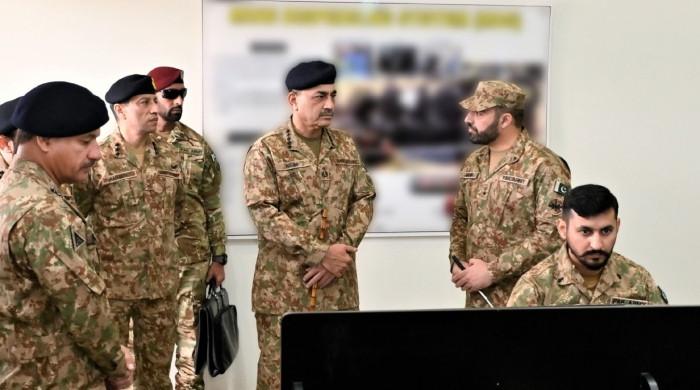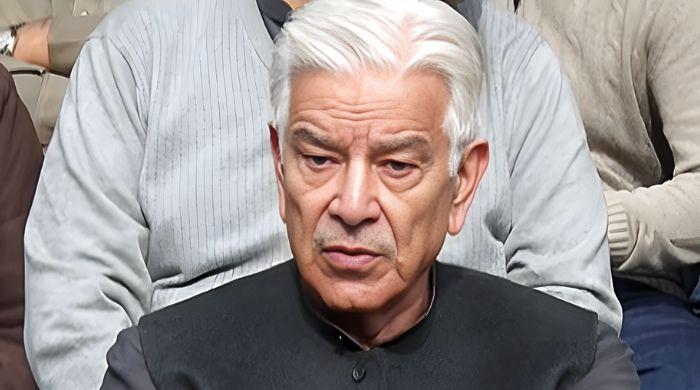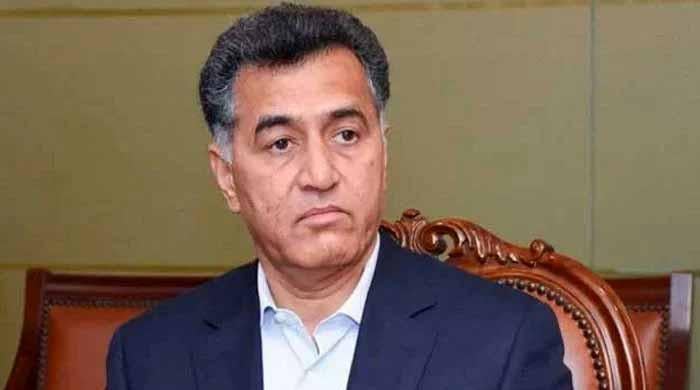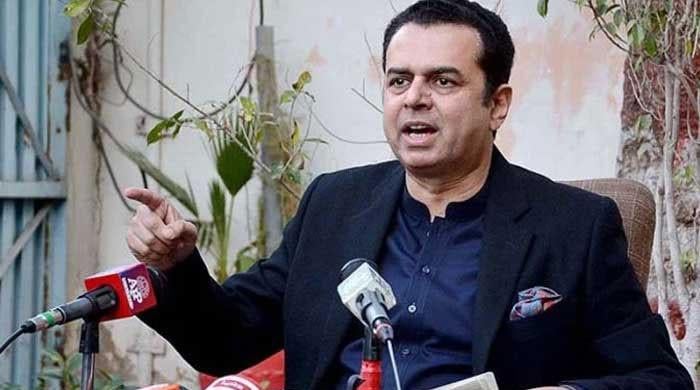Bureaucracy promoting hegemonic agenda, say ex-IGPs
Former bureaucrats express concern about retrogressive moves by current bureaucracy
September 30, 2019
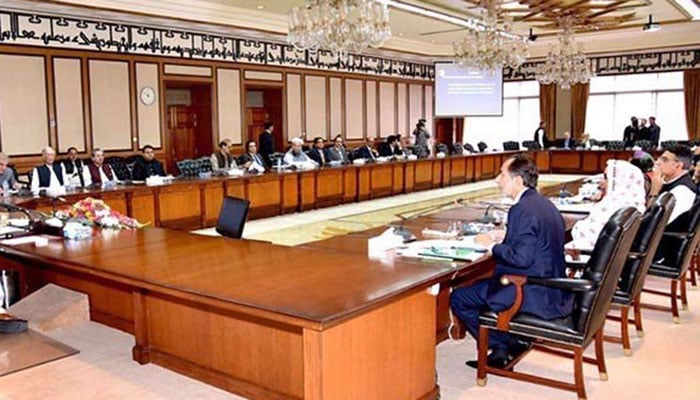
ISLAMABAD: The Association of Former Inspectors General Police (AFIGP) has expressed serious concern over what it called the retrogressive moves by the bureaucracy to promote their hegemonic agenda.
The Executive Committee of the AFIGP, comprising Iftikhar Rashid, (President), Shahid Nadim Baloch (Vice President) and Executive Members Afzal Ali Shigri, Masud Shah, Dr. Shoaib Suddle and Saud Gohar, met here on September 28 and unanimously approved a resolution.
The resolution said, “Whereas the prime minister had set up, in January 2019, a five-member committee comprising Secretary Interior and Chief Secretaries and IGPs of Punjab and KP, to make specific recommendations on replicating the KP Police Act 2017 in Punjab.
Whereas the committee only held a couple of routine meetings in January and February of 2019. The IGP Punjab in presence of the Punjab cabinet made a presentation to the prime minister on 2nd September 2019 and the prime minister approved the recommendations concerning setting up of independent police complaint authorities [as provided under Police Order 2002 (the operative law in Punjab since 2002)] to provide a fair, credible and effective complaint redressal mechanism for the aggrieved citizens; and the dispute resolution councils (DRCs) (as provided under the KP Police Act 2017).
Secretary Interior reportedly about a couple of weeks back made a presentation to the prime minister on police reforms and empowering particularly the office of deputy commissioner, without getting any input whatsoever from the police members of the committee, i.e., IGP Punjab and IGP KP.
The contents of the presentation by the secretary interior were tantamount to serious misconduct as these were neither in consonance with the mandate of the committee set up in January 2019 nor these had been discussed at all with the relevant committee members, IGP Punjab and IGP KP, nor even had any nexus with the Prime Minister’s decisions taken in Lahore on 2nd September 2019.
These self-propelled recommendations aimed principally at further entrenching and glorifying a particular set of bureaucrats under the guise of improving service delivery and accountability of public officials through the colonial legacy of commissioners/deputy commissioners, and were, more alarmingly, in derogation of well-researched report of Police Reforms Committee set up in 2018 by the Chief Justice of Pakistan. Even the progress of implementation of this report is regularly being reviewed and monitored by none other than the Chief Justice of Pakistan himself. The Police Reforms Committee being steered by the Chief Justice of Pakistan consists of several top-rated retired IGPs and all serving IGPs in Pakistan).
A furor has been created across the civil society and the Police Service of Pakistan since the motivated and self-centric recommendations made by secretary interior have surfaced in the media.
Now, therefore, the AFIGP, through this unanimous resolution, while strongly condemning such outrageous and crude attempts to sabotage the agenda and vision of the PM on reforming police, has resolved to request the prime minister, who is strongly and passionately committed to genuine police reforms in Pakistan, that heads need to roll both for acting in furtherance of personal and service interests and deliberately overstepping the mandate given by the prime minister.
What they have come up with is nothing but a recipe for disaster. Didn’t the PTI win thumbs up in the KP for the second time without the support of self-professed so-called one window trouble shooters? Is the office similar to the proposed deputy commissioner’s in existence anywhere in the world? And with a view to avoiding such underhand attempts in future, the AFIGP urges the prime minister that no police reforms proposed by individuals with vested class interests may be approved without obtaining the views of relevant stakeholders, particularly the former IGPs who not only know what the international good practice is, but also have a life time policing experience.




